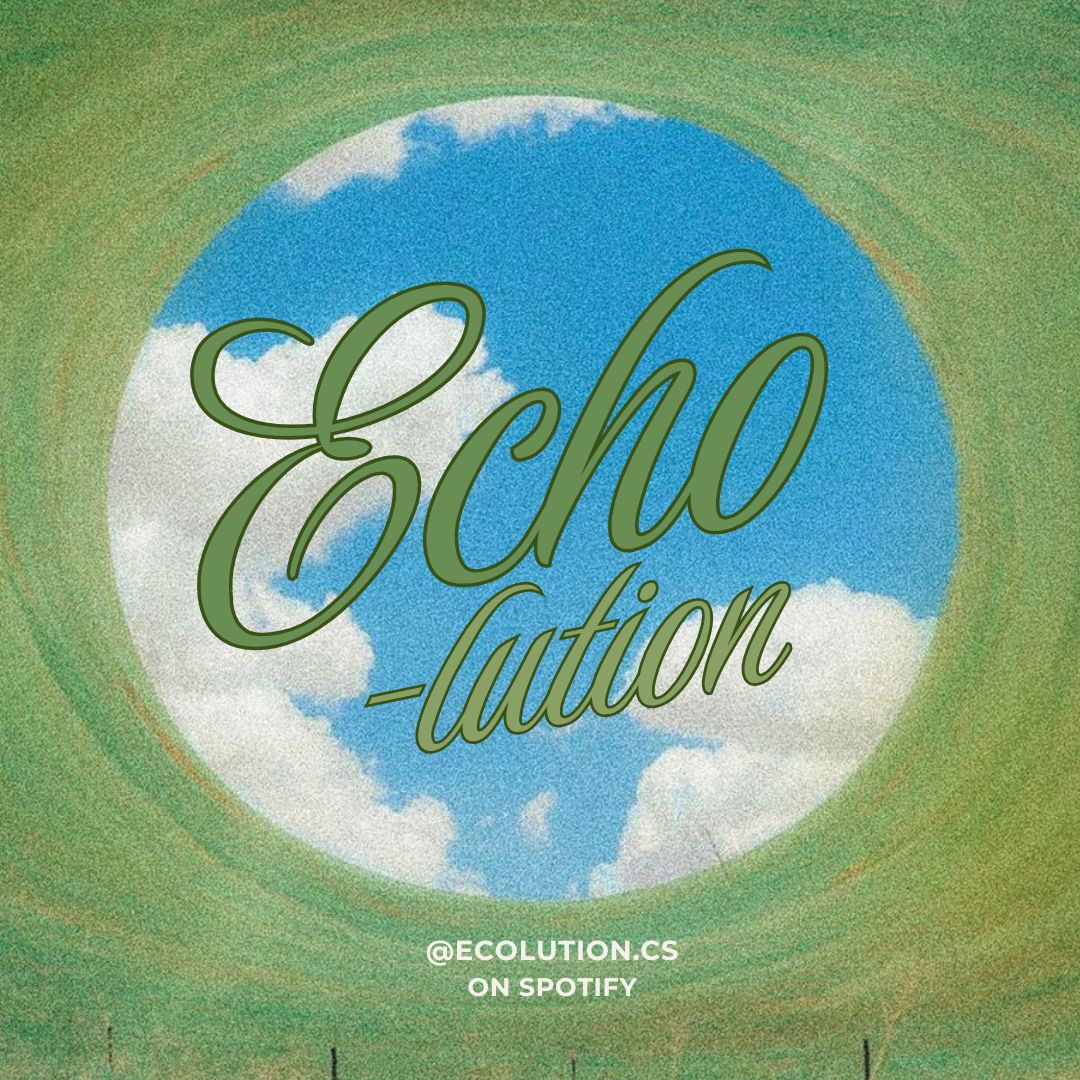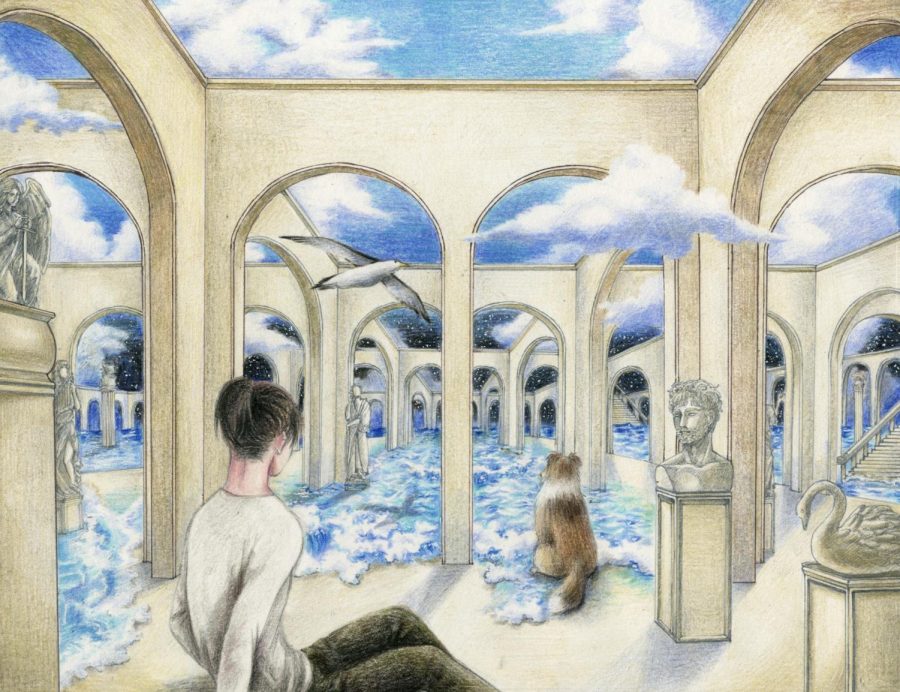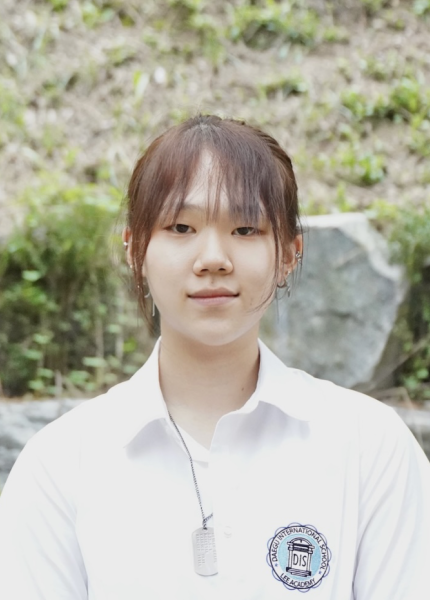Susanna Clarke’s ‘Piranesi’ is a Portal to an Alternative Reality
Review of the Award Winning Book of the 2021 Women’s Prize of Fiction
October 26, 2022
“The Beauty of the House is immeasurable; its Kindness infinite,” writes Piranesi, the protagonist and the first person narrator of the book titled after himself. The endless halls that surround Piranesi’s life are the House, and this is his world. Reviewed by many infamous authors, such as David Mitchell and Madeline Miller, the recently published book, ‘Piranesi,’ gained popularity among various readers, including myself. If you want to feel entrapped by a mesmerizing mystery in a fictitious labyrinth, this is the book for you.
At the beginning of the narrative, we know nothing of the fantasy space laid ahead of us. The readers go on a journey of discovering this mysterious space as Piranesi introduces his life in his journal entries, through which the book is narrated. He depicts the House (A.K.A. the labyrinth) and its beauty: the bottom halls are submerged in sea water, the middle halls are where the birds and Piranesi live, and the higher vestibules are surrounded by clouds. These hallways are built as ancient Greek architecture were, a direct reference to the popular myth of the Labyrinth and the Minotaur. Piranesi explores the halls and names them, and describes them in his journal.
Piranesi mostly stays alone, but the only other living being he’s ever encountered is called ‘the other.’ Not much is revealed about this entity, except for the fact that he is a middle aged man dressed in a pristine suit. Here, the first question arises: who is ‘the other’ and why does he live a modern life unlike Piranesi?
The most bewitching part of this book was the simultaneous sense of anxiety and serenity it presents to the readers. The labyrinth, in which Piranesi exists alone, represents the solitude each one of us experience, and the journey we go through to find our identity.
The two inhabitants of the labyrinth meet each other every so often, and discuss how they could obtain the ‘Great and Secret Knowledge.’ ‘The other’ believes that somewhere within the walls of the House, there is a hidden secret of the ancient world when human beings could directly interact with nature. He aspires to discover that power once again, and by doing so, be able to read minds, fly, and even defy death itself.
As the plot thickens, Piranesi slowly starts to see the fractures and cracks of his mysterious world. He realizes that the ancient knowledge is unnecessary as life is beautiful as it is, and confides in ‘the other’ to stop his research, but ‘the other’ refuses. He, instead, warns Piranesi that some other being might try to interrupt their research and that he should beware of them. Piranesi is excited to know that there is a possibility of another living person, but he tries to avoid them as he believes in ‘the other’.
The theme of solitude and stepping out into a society full of ‘others’ connect to the psychological concepts of social anxiety and conformity, both prominent in our teenage years. Life is full of wonders and fears for the youth, and it feels like a shell in which we are imprisoned until we break out of it into the real world – which the labyrinth works as a perfect symbol for.
However, once he finds unidentified messages on the wall and notes left on hallways, he is conflicted. Then, he realizes that parts of his memory are missing. His journals have pages that he doesn’t recognize writing, and the first book has an erased number two, indicating that it is actually the twenty first one to have been written. He also discovers that ‘the other’ has knowledge of this loss, and that he has kept it secret from Piranesi for a long time.
Clarke reveals this surprise in a steady but suspenseful series of events, and what’s amazing is how the readers feel so much tension through the lens of the protagonist. In my eyes, Piranesi seemed illogical and unquestioning in the mysteries of his world, and I realize this is because he is so used to trusting ‘the other,’ and being comfortable within the world of solitude. And this happens to everyone. We build strong beliefs and relationships, and later realize that some of our original perceptions were wrong. We get hurt because others betray our trust.
I feel as if the characters of ‘Piranesi’ each represent a meaning of identity. ‘The other,’ also known as Ketterly, is a character I found the most interesting. He is a man who lost himself within the walls of the labyrinth, blinded by obsession and greed. As Piranesi finds out that his most trusted friend is actually the enemy who, in fact, imprisoned him inside the labyrinth, the readers get to see the corruption of knowledge and the craving of omniscience in human nature.
It was exciting and terrifying to see what lengths people will go to in order to become better than others and take control of themselves. Ketterly used Piranesi to research about the labyrinth and find out what it did to people’s memory, and literally imprisoned him for years in that other reality. I even think that methods of gaslighting, using psychological tricks to sow seeds of doubt into another’s mind, were well depicted throughout the interactions between Piranesi and Ketterley.
I have experienced arguing with someone and questioning whether I was in the right, even when it was clear to me before the argument that their opinion was objectively invalid. Emotional manipulation and pretending to be the victim can drive one mad. Relationships among people are so fragile and so easy to corrupt that sometimes it feels like being alone seems to be the only solution.
While I don’t want to spoil the rest of the book, Piranesi’s journey can be considered a slow burn, leading to a final climax that leaves the readers in awe through its unpredictable plot twists. It can be difficult at first to become used to the unexplained mysteries and the slow plot, but I believe the ending makes everything worth it.
I think this book speaks up for those who find it hard to trust other people and the reality they’re in, and I related to Piranesi’s sense of comfort in solitude. In a way, we are all prisoners of our own mind because no one can really share their entire brain with another. The House symbolizes isolation and peace, but as Piranesi escapes this prison, I felt like the author wanted to suggest that leaving our comfort zone and seeking to love and trust others don’t always end in betrayal.
Nonetheless, though the world is a cruel, unforgiving place, it also provides us a space of our own to venture and build upon, just like the labyrinth. Piranesi shows how important it is to be at peace with your own mind before venturing out to meet people who will appreciate you and love you for who you are, and the book also feels like a small alternative universe and a safe space to be in.
As you read through the pages, you will feel like you are within the beautiful vestibules of the labyrinth, and I believe you can find courage and hope through the plot. Overall, I would give it a 4.5/5 in rating, and recommend it to high school students, especially those who liked ‘The Song of Achilles,’ ‘The Starless Sea,’ ‘Neverwhere,’ and ‘Demian’ – and especially to those who feel the safest when they’re alone.






















































Ms. Morissette • Nov 4, 2022 at 1:59 am
I’ve heard a lot of people on Youtube talk about how this is a book they wish they could read again for the first time! It’s been on my shelf for quite a long time… I guess this is my sign to read it! Thank you for sharing and getting us excited to dive into it 🙂